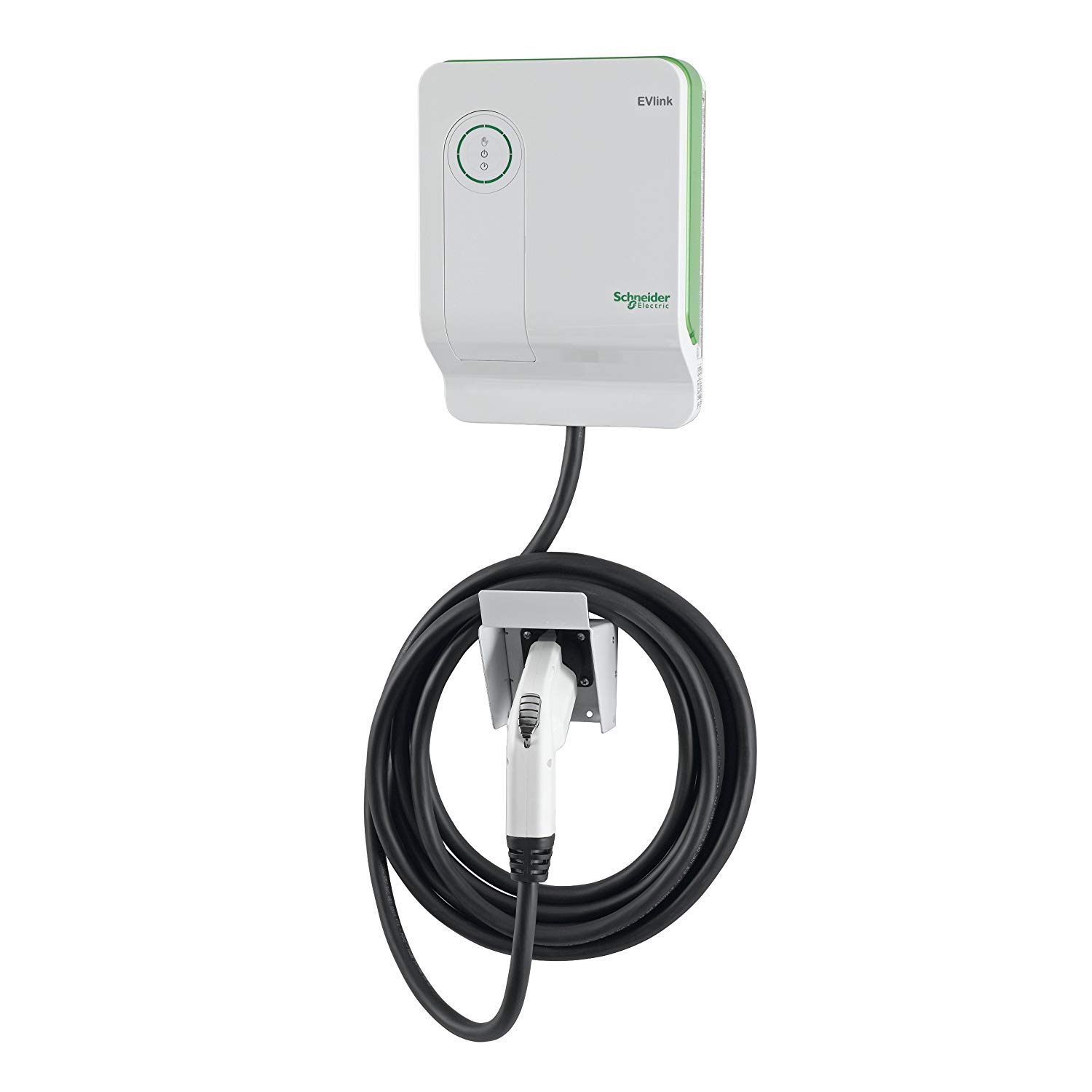

In contrast, MDSE raises the level of abstraction by employing models of different kinds throughout the development process and eventually represents the software system with executable models. Model-Driven Software Product Line Engineering (MDPLE) is a discipline that bespeaks increased productivity when developing variability-intense software by combining the benefits of both disciplines, model-driven software engineering (MDSE) and software product line engineering (SPLE): SPLE grounds on the principles of organized reuse and explicit variability to build a (multi-variant) platform from which customized software products can be derived automatically. Sound research and practice documentation are required to establish evidence regarding this connection, including methodologies that are able to support the design and implementation of business- and lifecycle-oriented, value-based traceability models and traceability systems, along with thorough evaluation methods and tools incorporating economic, social and environmental perspectives. By addressing eight specific research questions, we found that a link between traceability and the circular economy is yet to be established.
EV NOVA PLUGIN EXTRACTOR FOR WINDOWS UPDATE
The literature databases were searched on 6 January 2020, with an update for the entire year of 2020. The objective of this systematic review was to examine those studies discussing traceability models and traceability systems while connecting traceability capacities and outputs to implement the principles of the circular economy. Traceability models and systems are vital pillars of such an endeavor, but a preliminary search of the available literature revealed a rather unstable and fragmented research field and practice. A challenging key issue in the implementation of a circular economy is ensuring coordination, control and transparency within a network of parties. All require high-quality data, methodologies and tools that are able to improve results and to assess and document the implementation processes and outcomes. With the high stakes associated with achievements in the field, an increasing emphasis on evaluation, transparency and accountability are to be expected. Research and implementation efforts and investment in the circular economy are rising sharply. The power of ourįramework is highlighted with an example scenario. Traceability management operations, such as trace import and export, modification, query and visualization. Links in the context of SPL and the implementation of a respective traceability framework. The second contribution is the specification of a metamodel for a repository of traceability We identified four orthogonal traceability dimensions in SPLĭevelopment, one of which is an extension of what is often considered as “traceability of variability”. In the European AMPLE project we are creating a common traceabilityįramework across the various activities of the SPL development.

One of these problems is traceability management. These benefits come with a set of new problems and turn some older problems possibly SPL promise to lower the costs of development, increase the quality of software, give clients moreįlexibility and reduce time to market. Therefore, such family of products are built from reuse, instead of developed (for instance, through Model Driven Engineering). Software product line (SPL) engineering is a recent approach to software development where a set of software products areĭerived for a well defined target application domain, from a common set of core assets using analogous means of production


 0 kommentar(er)
0 kommentar(er)
